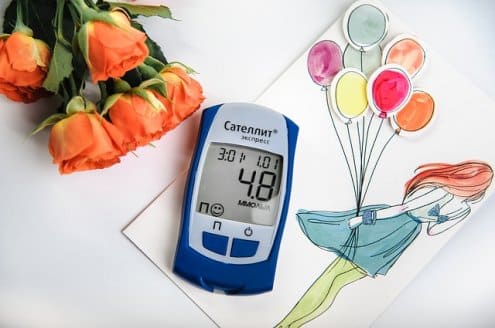What is Lispro?
Lispro is a rapid-acting insulin agent that is produced through the chemical modification of regular human insulin. Because of this, Lispro is able to function faster and can be absorbed into the body at a more constant rate. Its duration of action, however, does not last as long as regular human insulin.
What is regular insulin?
Regular insulin, on the other hand, is a naturally-occurring hormone that is produced by the pancreas.
Difference between lispro vs regular insulin
The comparison of Lispro vs regular insulin yields a few key points. Regular insulin is considered a rapid-acting agent that is comparable to Lispro. Regular insulin is expected to function within 30 minutes, while Lispro can take anywhere between 15 to 30 minutes for activation. Regular insulin is also expected to last between one and a half to three and a half hours, while Lispro lasts approximately three to five hours. When used with meals, the characteristics of these substances make them ideal agents for keeping blood sugar levels in an acceptable range after digestion.
When compared in clinical trials, the action of regular insulin and other rapid-acting insulin agents, such as Lispro are similar. The blood sugar level control in the patients in the trial were found to be similarly controlled. Both Lispro and regular insulin have been approved for type 1 and type 2 diabetes and diabetic ketoacidosis. Additionally, regular insulin can also be used for pregnant women who have diabetes.
Lispro can only be injected into the fat tissues or directly into the blood vessels, while regular insulin can be directed into those areas and muscle tissues as well.
Once administered, the insulin component in each of these agents regulates the blood sugar level by increasing the uptake of sugar by the muscle and fat cells and reducing sugar production in the liver.


